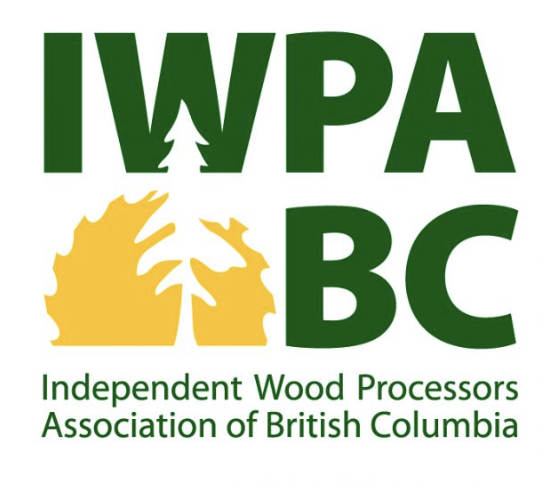
Industry News
News
Policies
Softwood lumber trade dispute impacts non-tenured manufacturers: IWPA
July 28, 2023 By CFI Staff

The Independent Wood Processors Association of British Columbia (IWPA) has penned an open letter to cabinet and provincial ministers on July 27, after the U.S. Department of Commerce yesterday announced a final average rate of 7.99 per cent for countervailing and anti-dumping duties applied to 2021 shipments of B.C. softwood lumber to U.S.
Below is the open letter:
To: The Honourable Mélanie Joly, Minister of Global Affairs
The Honourable Mary Ng, Minister of Export Promotion, International Trade and Economic Development
The Honourable Jonathan Wilkinson, Minister of Energy and Natural Resources
The Honourable Bruce Ralston, B.C. Minister of Forests
Re: Softwood Lumber Trade Dispute impact on non-tenured manufacturers
Today the U.S. Department of Commerce issued a new softwood lumber duty rate that continues to cause injury to Canada’s forest industry, specifically smaller independent manufacturers, and the U.S. consumers of Canadian lumber products. It’s time for the provincial and federal government to get re-engaged on solving this dispute.
The Independent Wood Processors Association of British Columbia (IWPA) is a group of 58 companies primarily from the Lower Mainland and Vancouver Island. While the members operate in a myriad of activities from value added remanufacturing plants, custom cutting mills and custom manufacturers, we all have 1 thing in common. None of our members hold crown tenure of standing timber. Our members purchase logs and lumber inputs at “arms length” from various suppliers. Also, for the most part, our members invest, employ and operate in the province of British Columbia, and we are committed to that principal.
When we are faced with a Softwood Lumber ad velorum duty going into the United States, it presents some serious problems:
- Firstly, we are forced to pay the duty on our sale price to the U.S. Customer which includes our manufacturing costs, trim loss and profit. This enables companies that take raw material from Canada to the U.S. for further manufacturing to have a significant advantage over Canadian manufacturers because they pay much lower duty on the raw lumber only.
- Secondly, suppliers of raw material may add on the duty rate to the price on the Canadian side of the border as the U.S. customers may be willing to pay that, in effect we are being charged twice.
- Thirdly, Canadian companies may favor selling into the U.S. as it may increase a quota allocation to them in the future and it provides the possibility of a deposit refund when a settlement is reached.
We would suggest you consider the following actions:
- When the time comes to negotiate a settlement to this dispute the IWPA feels strongly that the non-tenured companies are excluded from the new agreement. We should not be penalized with an export tax on our products or subjected to a quota.
- In light of the unfair nature of the duty on our non-tenured lumber, we would request to have all of our duty deposits returned in full to the companies involved.
- We would like the federal and provincial governments to engage in negotiation to end this dispute as soon as possible.
The IWPA would like to meet with you to discuss this most pressing issue that has continued now for over five years while impacting thousands of Canadians.
Brian Menzies
Executive Director
Print this page